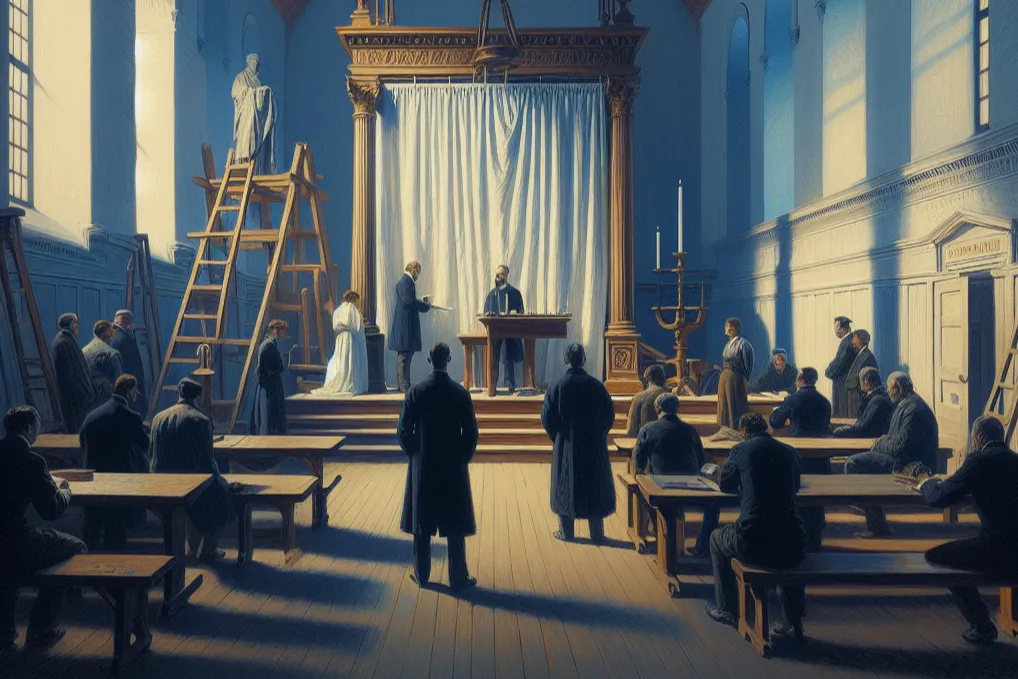These days, we're surrounded by more information than we know what to do with. A quick Google search can tell us how to change a tire, cook dinner, or understand global politics—at least on the surface. But just because we can get answers fast doesn't always mean we're using information in the most meaningful way.
It's easy to confuse having access to information with actually knowing something. The difference is subtle but important. Real knowledge sticks with us and helps shape our decisions, often before we even realize it.
When Knowing Something Beforehand Actually Matters
Here's a simple example: Once upon a time, you had a flat tire and you changed it, although it was difficult. During this time, you understood the structure of the tire, its curves and why it was effective during braking. After a while, you had to buy a new tire, you remembered the time you changed that tire and preferred a model with curves and deeper lugs that matched it. This allowed you to both save money and drive more safely.
That's how a lot of our decisions work. We don't always need faster information—we need deeper knowledge. And that's where learning from the past, especially through history, comes into play.
History Isn't Just for Textbooks
There's this idea that history is just old stories or dates we were forced to memorize in school. But in reality, it's a goldmine of lessons about people, choices, and consequences. Understanding what happened before us helps make sense of what's happening now.
Take any big issue in the world today—chances are, there's a historical thread behind it. When you know what happened the last time something similar came up, you're in a much better position to understand, respond, or even make changes.
It's Not Just About the Facts—It's About Thinking
Another thing that often gets overlooked is how studying history shapes the way we think. It's not just about remembering who did what in which year—it's about learning to question, connect the dots, and consider different perspectives. You start to see how complicated people and decisions can be, and that not everything is black and white.
It also gives you a bit of humility. You realize that people throughout history had hopes, fears, and tough choices just like we do now. That kind of perspective can make you more thoughtful—not just in how you see the world, but in how you treat people, too.
Don't Be Like the Donkey
There is a saying in Turkish that goes, "Even a donkey doesn't fall into the same pit." The idea is simple: if you don't learn from what happened before, you're bound to fall into the same trouble again. I like this saying because it reminds us that we need to be better than donkeys, and just as a donkey doesn't fall into the same pit twice, we, as developed individuals, shouldn't fall into the same pits that others have fallen into in the past.
Taking the time to learn history—really learn it—can give you a quiet kind of power. It helps you make better choices, see things more clearly, and understand the bigger picture when everyone else is just reacting in the moment.
Final Thoughts: Slowing Down to Learn More
So yes, we live in an age of speed. But not everything worth knowing can be rushed. Some of the most useful, most meaningful knowledge comes from looking back—so we can move forward with a bit more clarity and confidence.
History isn't just about the past. It's about understanding how we got here, and what we might do differently next time.
